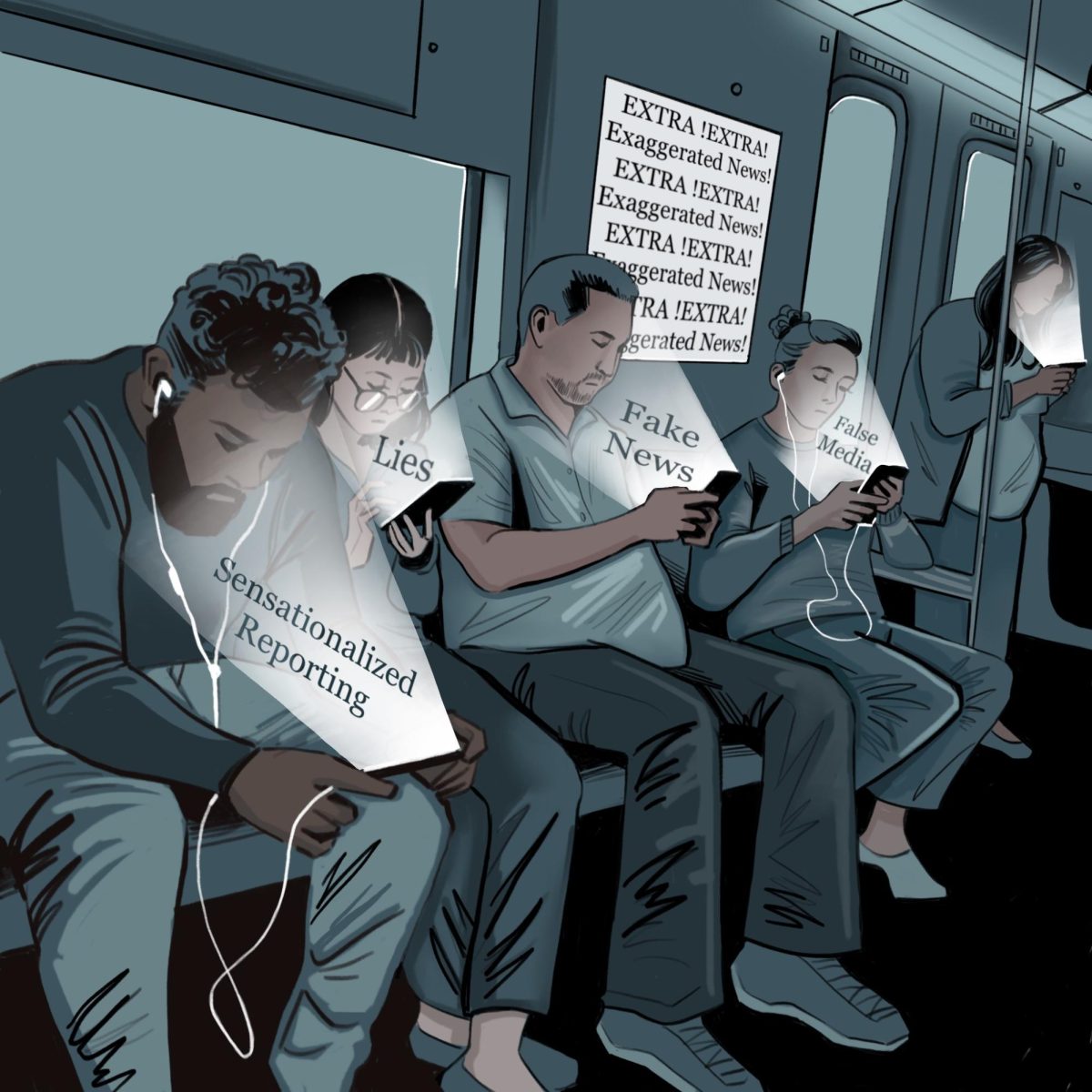My freshly done, uncombed, curls slowly came undone as I rushed out the door, into the car to start my way to my desired destination; only half-way through is it when I felt absolute dread wash over me. “Did I turn the curling iron off ?”
This exact situation has happened to me far too many times. Thankfully, it has always been turned off but for many, it wasn’t.
With an uprising of house fi res, a lot of them have been due to kitchen fires. However, no matter the way the fire starts, the results yield the same. With the invention of fi re alarms, the prevention of house-fires has been getting better and better, allowing firefighters to arrive on the scene on-time and putting out the raging red. In some cases, we’ve seen the fire being more aggressive, resulting in more and more damage to the victims’ lives, whether that be the loss of what once was called home or even the loss of the person calling such place home.
I’ll be honest, it wasn’t until I noticed a repetitive amount of house fire cases being reported near me that I started to realize how big of an issue it truly is.
Everyday, individuals are being majorly impacted by something that can start as a simple mistake, or even in some cases, just seeking some warmth through their heating system. House fires are more common than a lot of people believe. But that doesn’t mean there aren’t preventative measures to take. Anytime you are accessing something that involves heat, it’s important to use caution and never underestimate the power it can hold, anything can happen. Always double check that you’ve turned the heat off or unplugged whatever you’ve used, even if it feels tiresome, it only takes one time to change everything.
Fire Alarms: check them.
I cannot stress enough how important it is to do so. It’s recommended to check your fire alarm every month and to replace it at least every 10 years, allowing it to work to its full potential and do its job in protecting you and others.
Even with using every precaution in the book, sometimes things work in their own way. Which is why you should always be ready to face whatever wild card is given to you and have a plan for it.
Coming up with an escape route for every situation possible is part of having a plan.
As The Viking Views reported in May, in honor of International Firefighters’ Day:
“Make sure that you have smoke alarms installed around the house and on every level of your house. Make sure that you have these by sleeping areas, and if you keep your door closed, put one inside your sleeping room. Test alarms every month and change batteries yearly.
Sit down with your family and form an escape plan in case of disaster and practice this drill occasionally. Make sure at least two exits are known for each floor.
During winter months, make sure space heaters are at least three feet away from objects that can burn, and make sure these are not plugged into an extension cord as that is a fire hazard.
With kitchen safety, always monitor your cooking closely and not stray too far from it. Make sure there is nothing combustible around stove/cooking areas.
Do not leave a burning candle unattended in a room by itself as it may cause a fire, and it is more likely than you may think.
Keep a fire extinguisher in your home, with an ideal extinguisher being multi-purpose for both electrical and liquid fires.
In the case of a house fire that is out of your control, leave your house first and then call 911. Don’t risk your life trying to call from within the house.
Do not re-enter a burning building.
Use electric outlets and appliances safely. If an appliance smokes or has an off -putting smell, unplug it immediately and have the outlet looked at ASAP. Replace damaged or frayed extension cords and don’t overload extension cords.
During a fi re, smoke and poisonous gases rise with the heat. The air is cleaner near the floor. If you encounter smoke or flames while you are escaping from a fi re, use an alternative escape route.
Install sprinkler systems in your home. In doing so, if there is a fi re, the fi re is extinguished 96 percent of the time before firefighters arrive. Do not worry about malfunctioning sprinklers, as they only have a chance of accidentally going off [one in 16 million].”
When having younger kids in the house, walking them through what they should do in the circumstance that a fire breaks out, can help them feel more secure in their house and make them more aware of their surroundings, which would in turn, save their lives.
When tragedies happen, it’s easy to look at them and think, “that’ll never happen to me,” but life can work in ways that are beyond our control. So, let’s work to ensure that your safety and wellbeing, as well as the health of those you reside with, are being protected in every way they can be.
For more information, visit the National Fire Protection Association [NFPA] website: https://www.nfpa.org/




